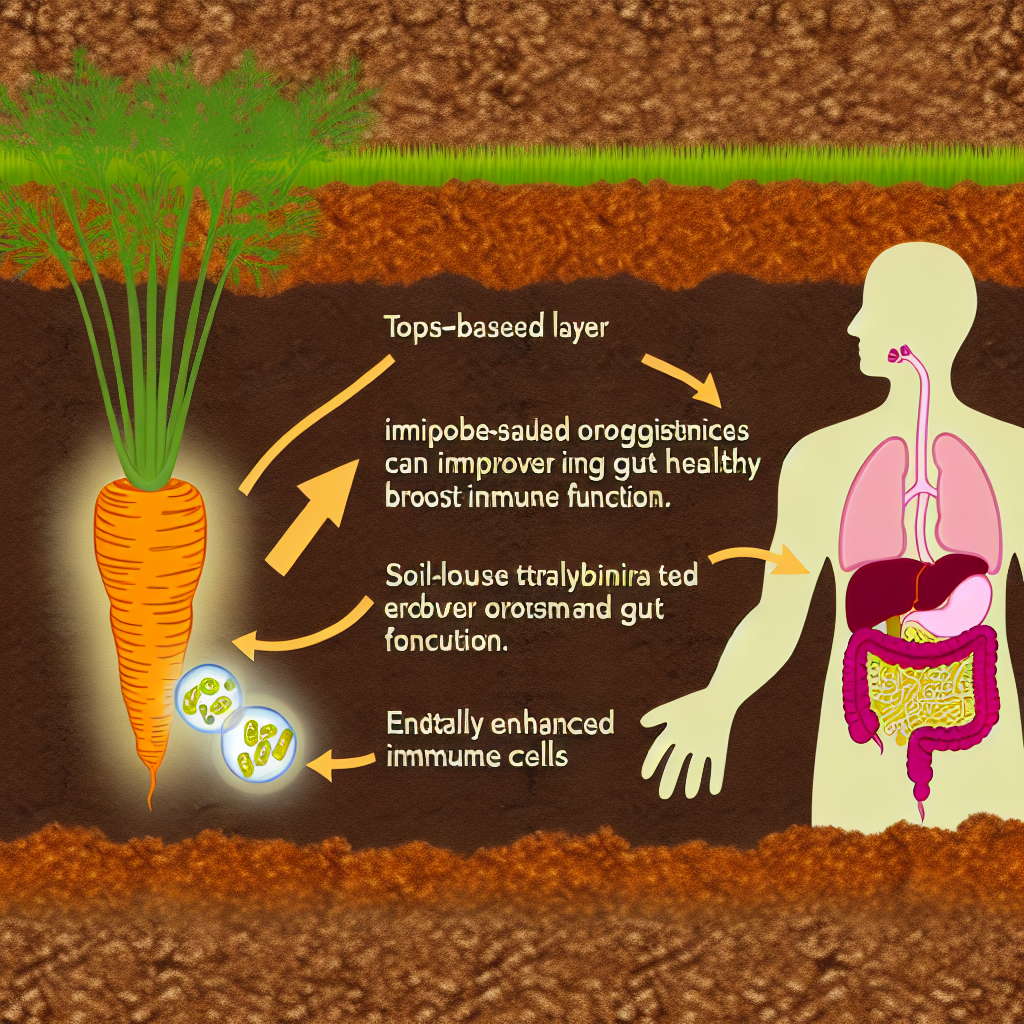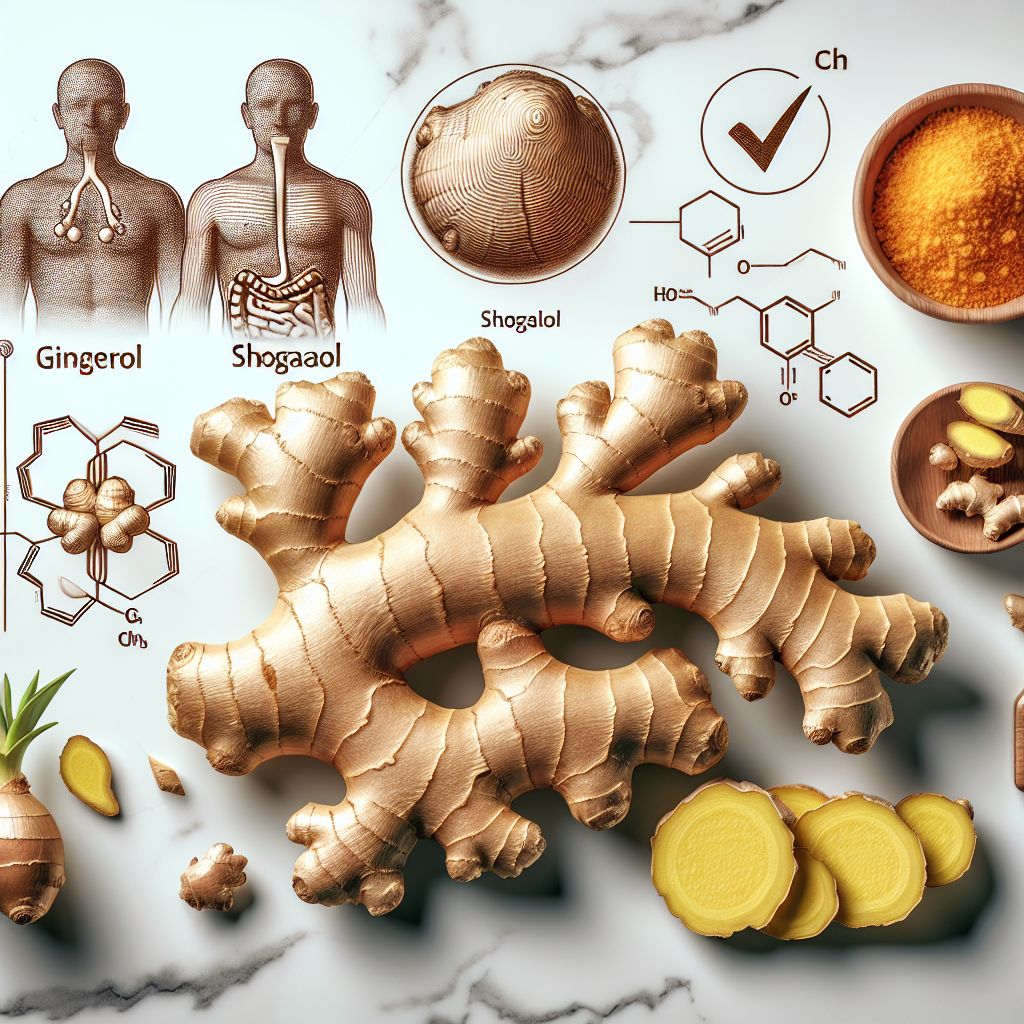The Mediterranean diet is a nutritional pattern that evolved in the Mediterranean Sea region. An abundance of fruits, vegetables, whole grains, legumes, nuts, and seeds distinguishes it.
It also includes moderate amounts of fish, poultry, and dairy, as well as a limited quantity of red meat, processed foods, and sugary drinks.
The Mediterranean cuisine has a long history dating back thousands of years. The diet is first mentioned in texts by the ancient Greeks and Romans. A healthy diet was crucial for good health and longevity in many civilizations. They stressed eating fresh, seasonal meals and avoiding processed items.
In the 1950s, a group of scientists began researching the health of Mediterranean residents. They discovered that these people had a lower rate of chronic ailments like heart disease, stroke, and cancer than persons in other parts of the world. As a result, the Mediterranean diet emerged as a healthy eating pattern.
Many Health Benefits
Many health benefits have been demonstrated for the Mediterranean diet. It may assist in lowering the risk of cardiovascular disease, stroke, cancer, type 2 diabetes, and Alzheimer’s disease. It can also aid in weight loss, blood glucose regulation, and cognitive function.
Here are some essential elements of the Mediterranean diet:
Fruits and vegetables: A wide variety of fruits and vegetables is emphasized in the Mediterranean diet. These meals are high in fiber, vitamins, and minerals but low in calories and fat. They are also high in antioxidants, which help protect the body from damage.
Whole grains are an excellent source of fiber, vitamins, and minerals. They are also high in complex carbs, which can help deliver long-lasting energy. Protein, fiber, vitamins, and minerals are all found in legumes. They’re also high in unsaturated fats, which can help decrease cholesterol levels.
Nuts and seeds: Nuts and seeds contain protein, fiber, vitamins, and minerals. They’re also high in unsaturated fats, which can help decrease cholesterol levels.
Fish: Fish contains protein, omega-3 fatty acids, and vitamins. Omega-3 fatty acids can aid in the reduction of inflammation and the improvement of heart health.
Poultry and dairy in moderation: Poultry and dairy can be included in the Mediterranean diet. They are high in protein and calcium.
Low red meat consumption: Red meat should be consumed in moderation on the Mediterranean diet. It is heavy in saturated fat and a good source of protein.
Low intake of processed foods and sugary drinks: On the Mediterranean diet, processed foods and sugary drinks should be avoided. They include a lot of bad fats, sugar, and calories.
The Mediterranean diet is a nutritious and long-term manner of eating. It is high in nutrients and has been linked to various health advantages. The Mediterranean diet is a beautiful option to explore to improve your health.
Here are some pointers for adhering to the Mediterranean diet:
Consume an abundance of fruits and vegetables.
Whole grains should be preferred over processed grains.
Include legumes in your diet at least once a week.
Consume nuts and seeds daily.
Eat fish at least twice a week.
Moderately consume poultry and dairy.
Reduce your consumption of red meat.
Avoid sugary drinks and processed foods.
The Mediterranean diet is versatile and may be tailored to your needs and interests. Numerous tools are available to assist you in getting started, including cookbooks, websites, and applications. You may adopt the Mediterranean diet into your daily life with a bit of planning.

Dominic E. is a passionate filmmaker navigating the exciting intersection of art and science. By day, he delves into the complexities of the human body as a full-time medical writer, meticulously translating intricate medical concepts into accessible and engaging narratives. By night, he explores the boundless realm of cinematic storytelling, crafting narratives that evoke emotion and challenge perspectives.
Film Student and Full-time Medical Writer for ContentVendor.com




